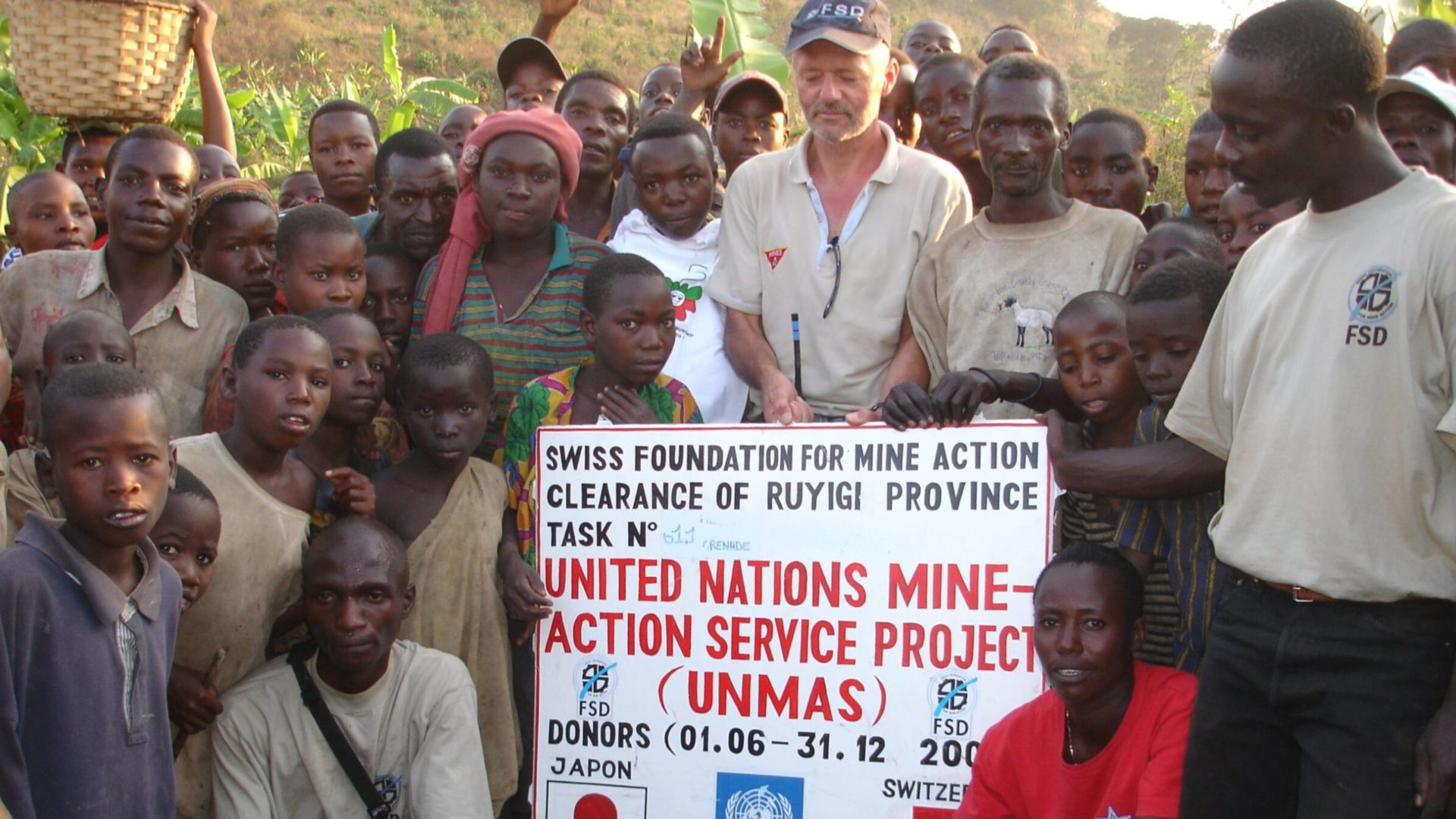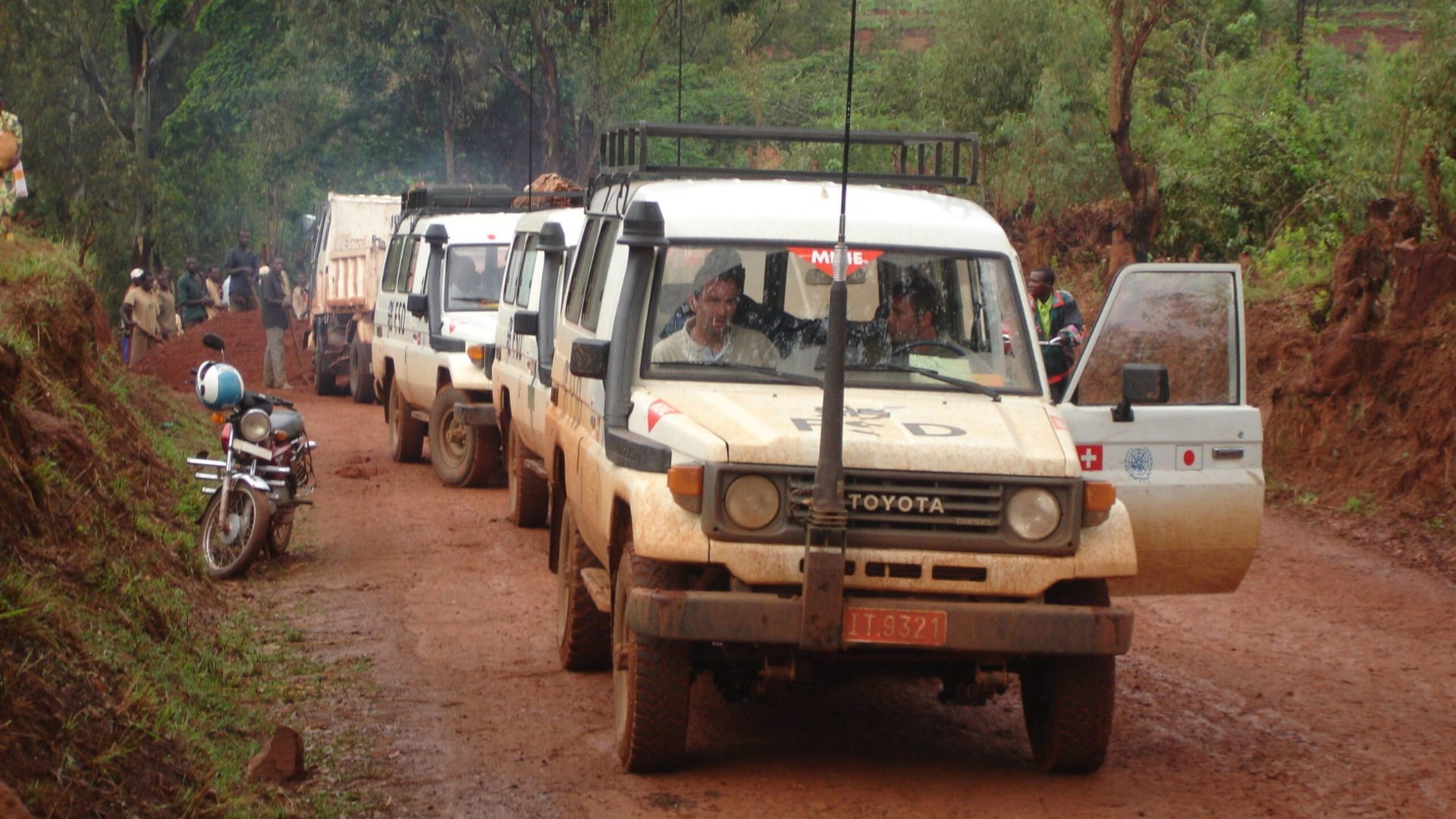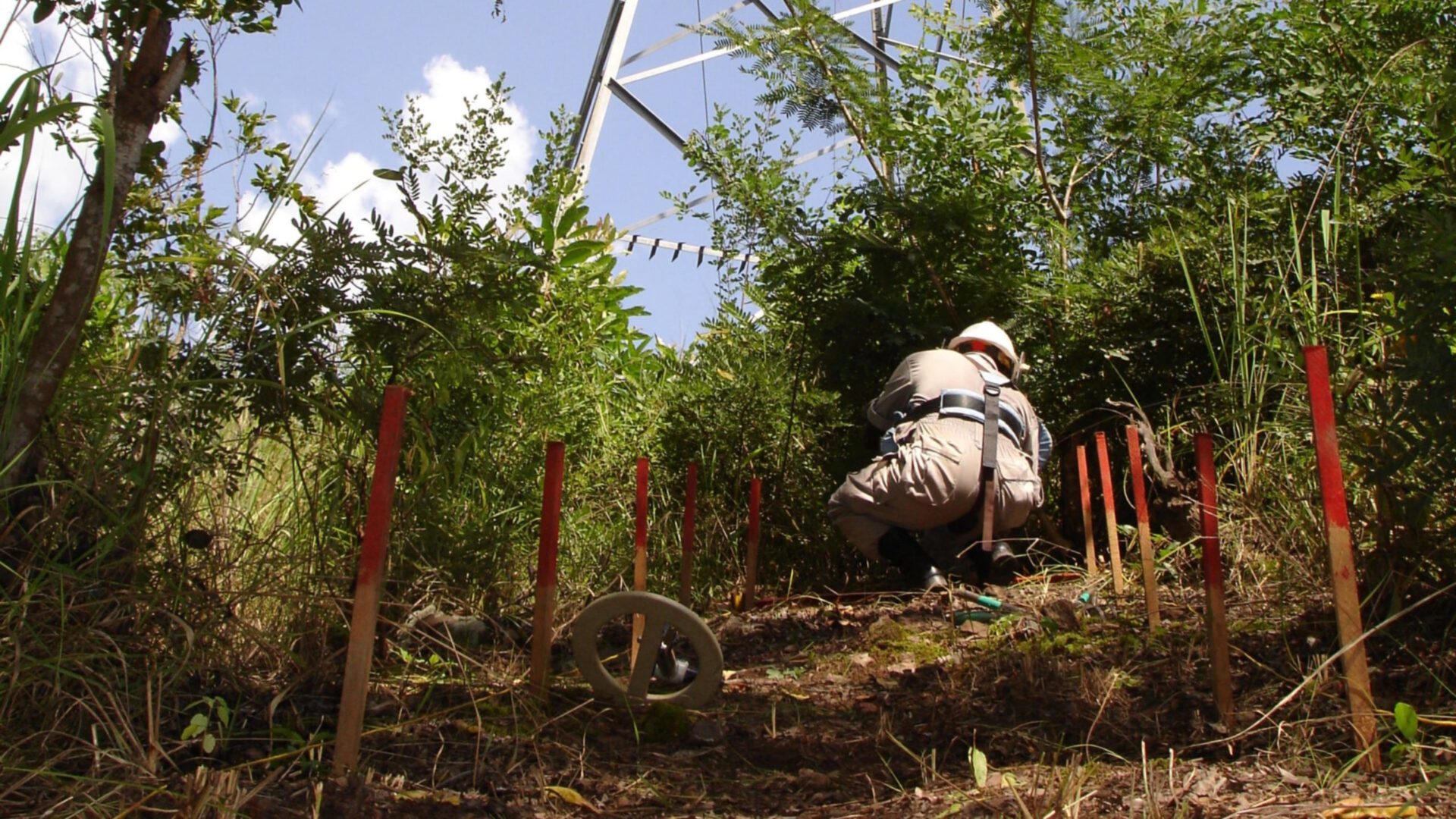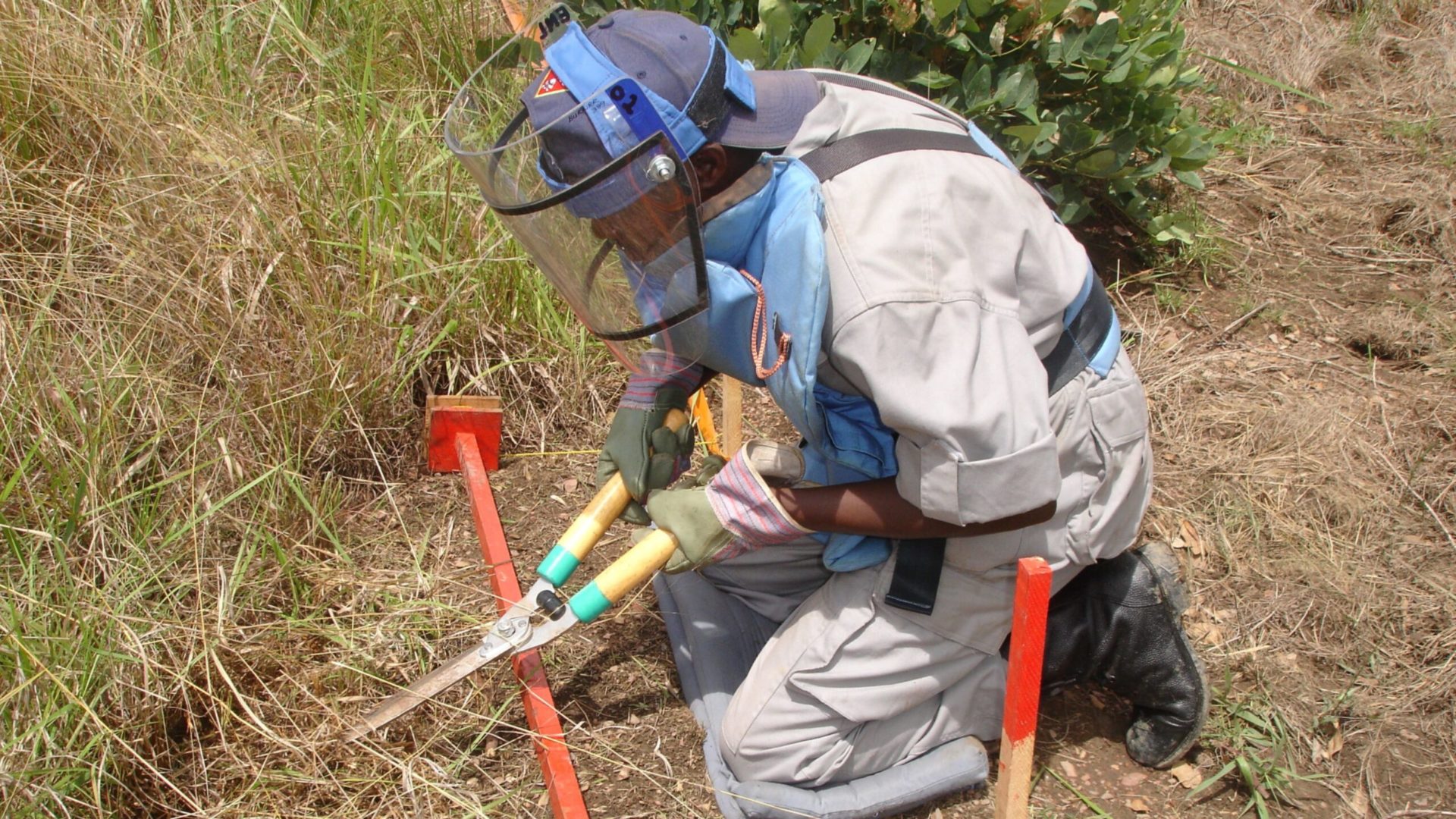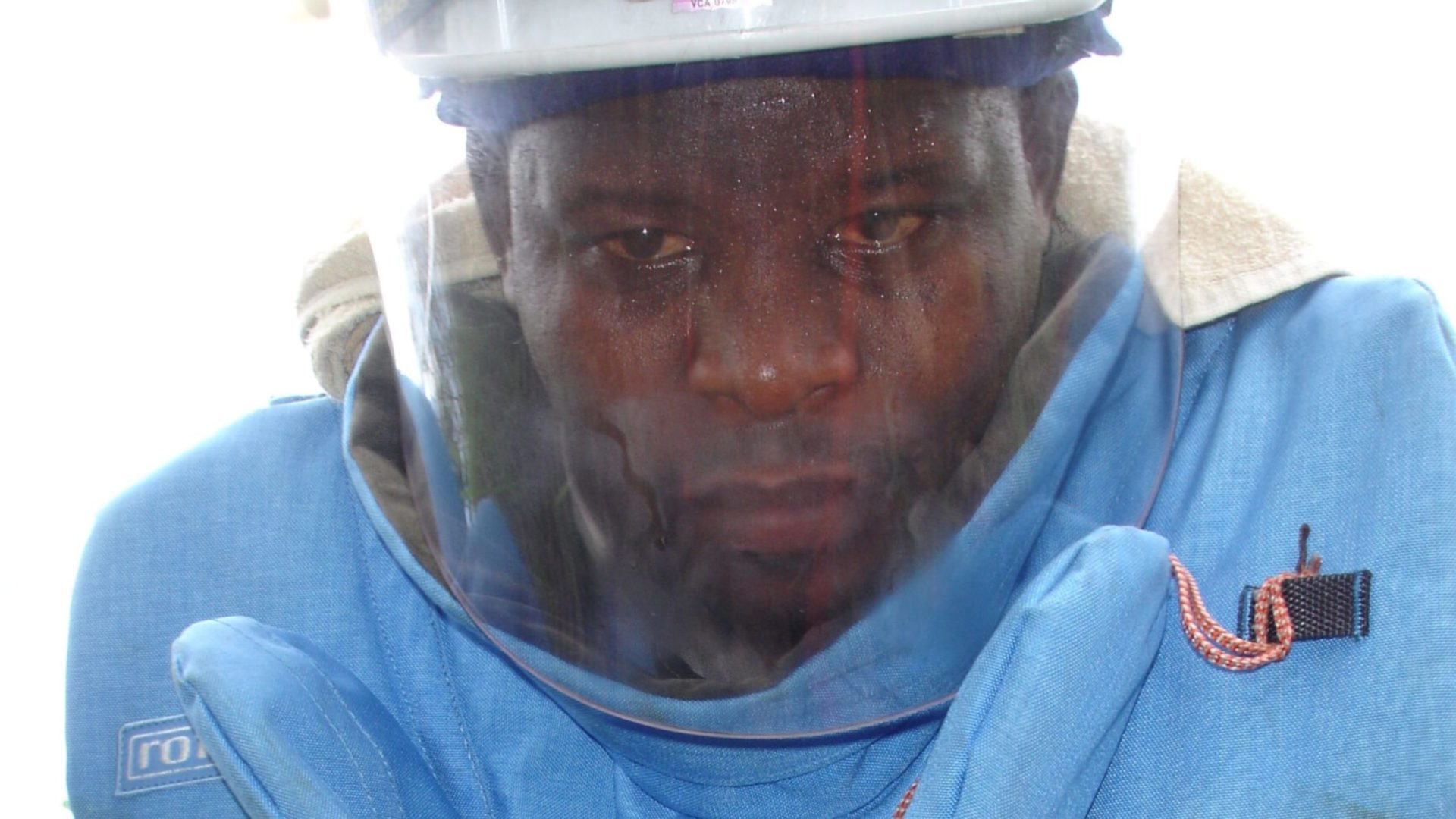We use audience measurement tools (such as Google Analytics 4 and Clarity), via Google Tag Manager, to understand how the website is used and to improve it. The data are used for statistical purposes only and are not used for targeted advertising.
Burundi
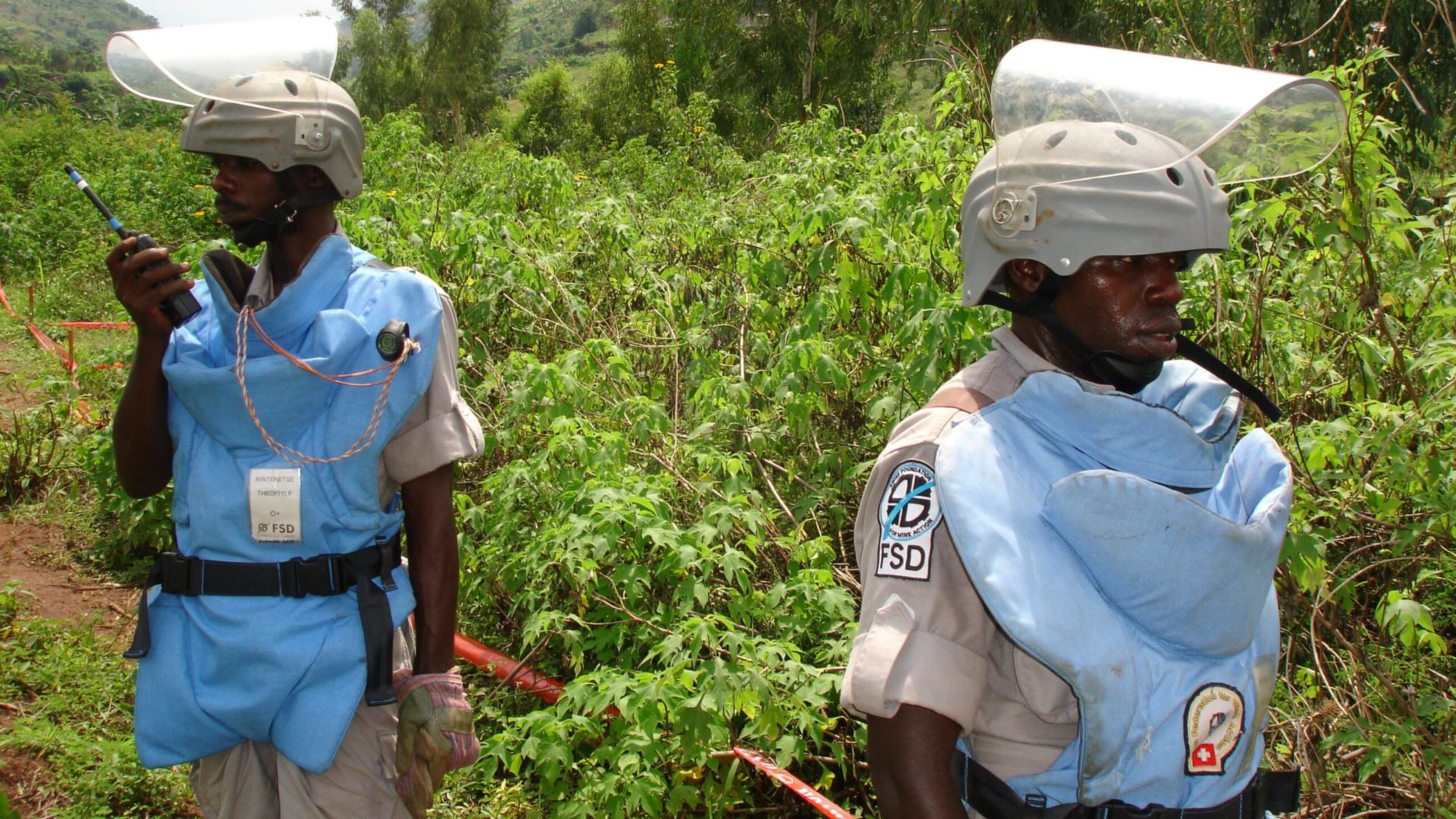
Mine Action
Stockpile destruction Explosive ordnance risk education Victim assistance Capacity building
FSD played a central role in Burundi’s demining efforts, deploying deminers in the field and supporting national capacity building through the establishment of dedicated mine action structures. The country was officially declared mine-free in 2011.
A country marked by the legacy of war
In 2003, after ten years of civil war, Burundi remained fragile despite the signing of a peace agreement. Explosive remnants of war continued to cause casualties and hinder reconstruction. That same year, the government ratified the Ottawa Treaty, and thanks to a partnership between the United Nations Development Programme (UNDP), the United Nations Children’s Fund (UNICEF), Mines Advisory Group (MAG) and FSD, the first humanitarian demining operations began.
Structuring and guiding mine action
FSD launched a project to support the peace process by strengthening national mine action structures, assessing the impact of mines on communities and raising awareness of risks in contaminated areas. In 2006, FSD conducted a community survey covering 97% of the affected areas, the results of which served as the basis for demining operations over the following two years. This approach was developed in partnership with the Centre International de Recherche et d’Initiatives pour le Dialogue (CIRID), a Burundian NGO based in Geneva.
Our impact in Burundi
+22
explosive remnants of war destroyed
+94,000
m2 of land made safe and returned to communities
A lasting national achievement
FSD’s work helped build national mine action capacity in Burundi. By combining technical expertise, institutional support and community involvement, FSD ensured that demining operations were effectively targeted. In 2011, thanks to the combined efforts of humanitarian organisations and national authorities, Burundi was officially declared mine-free.
From Bosnia to Ukraine
Discover our story
For nearly 30 years, FSD has been working to make land safer. Explore the key milestones of our humanitarian work since our first demining operation in 1998.
Latest news from FSD
View all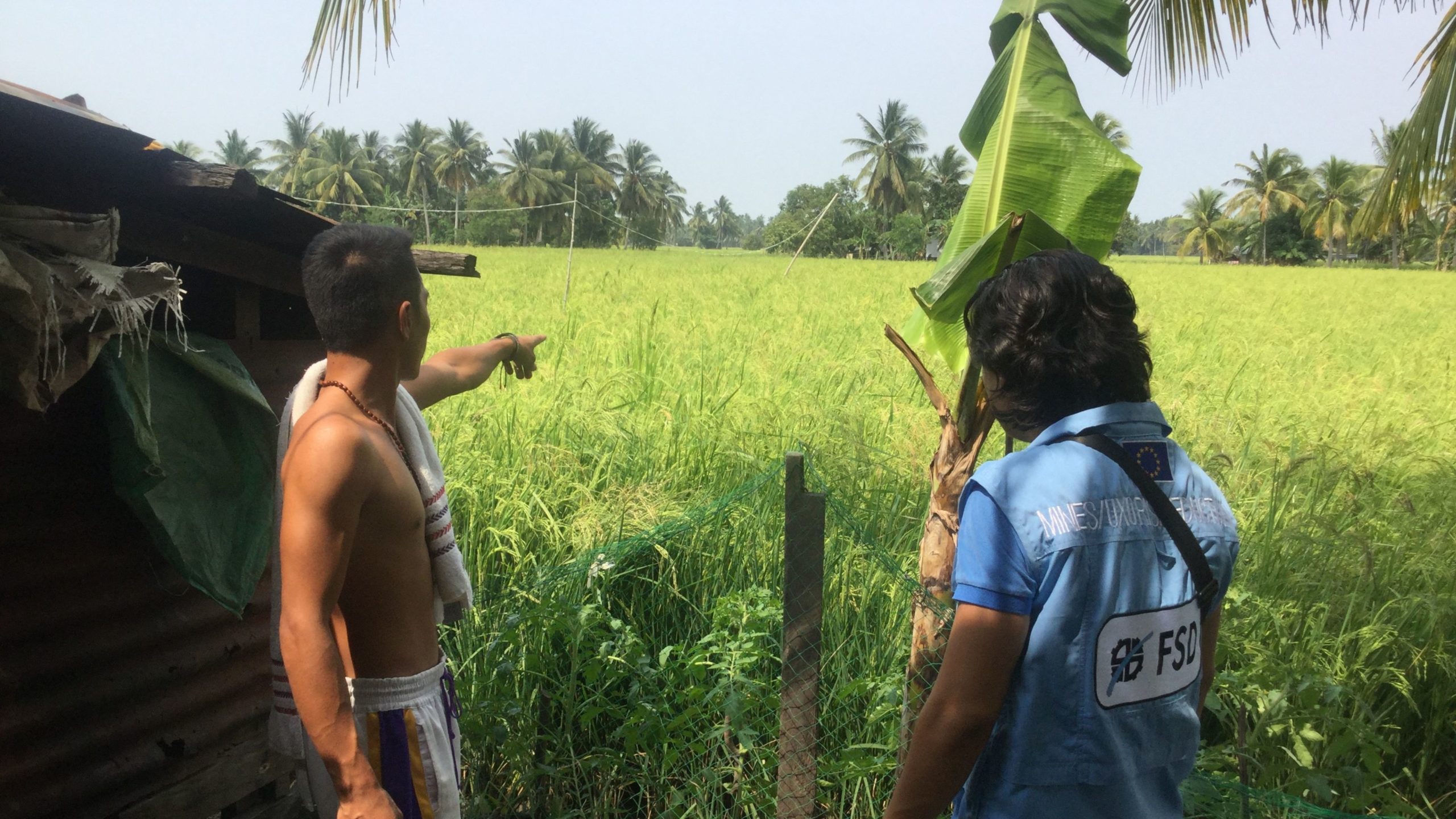
Mindanao: A New Operational Centre Enabling a Rapid Response to Explosive Risks
Until recently, many residents were reluctant to report the presence of these items, due to fear, mistrust, or a lack…
Humanitarian demining Non catégorisé Philippines
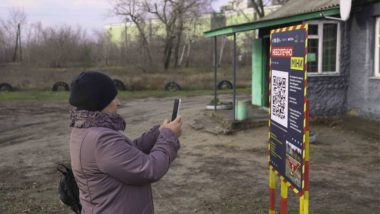
QR Codes to Save Lives
In Kharkiv province, Ukraine, residents live every day with the invisible yet very real presence of explosive remnants of war. FSD…
Prevention and risk education
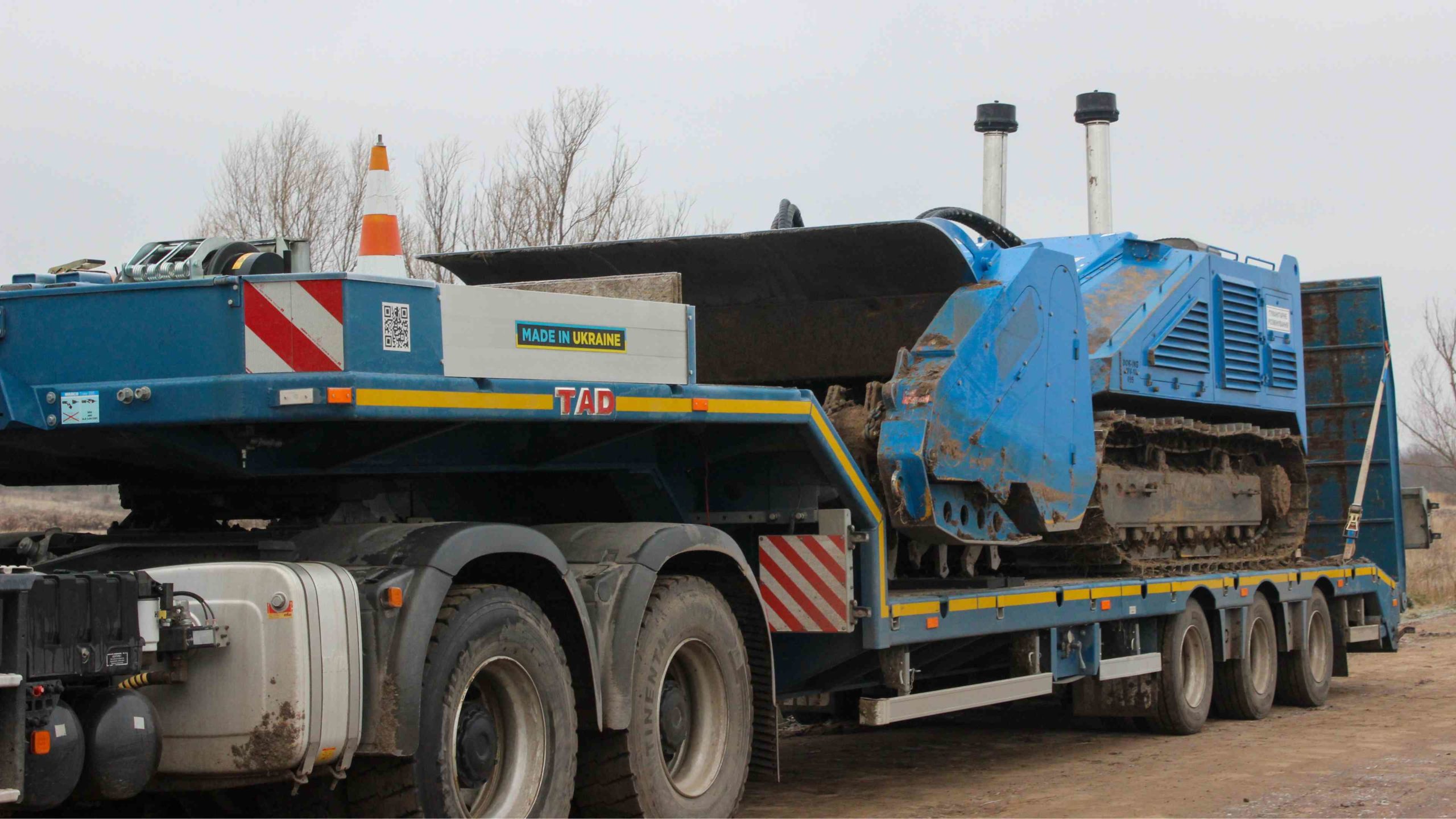
FSD strengthens Ukraine’s mechanical demining capacity
FSD has launched a new project funded by the Swiss State Secretariat for Economic Affairs (SECO) to help the State…
Machines, drones and technology Humanitarian demining Non catégorisé
